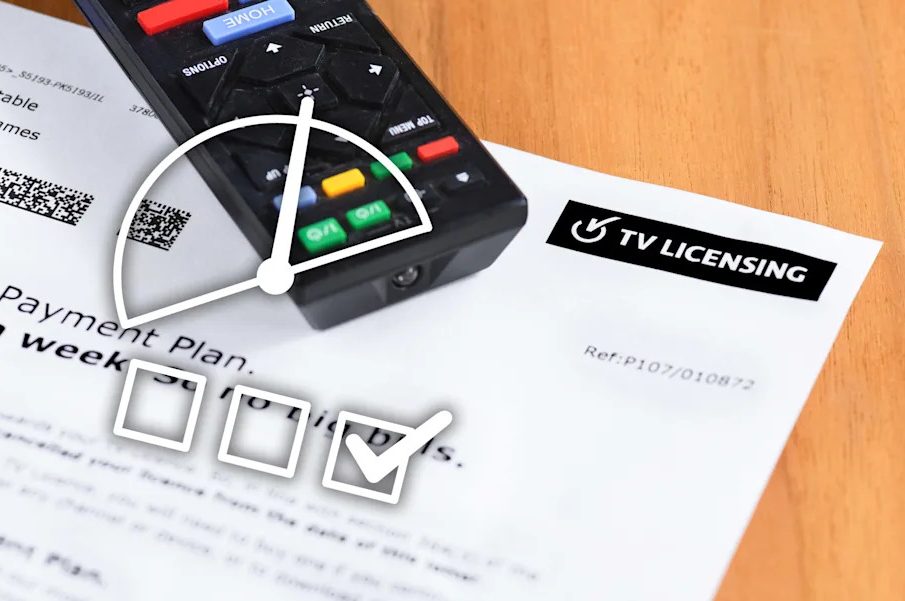Understanding the TV Licence in the UK

Introduction to the TV Licence
The TV licence is an essential subject for UK residents, as it is a legal requirement for anyone who watches or records live television broadcasts or uses the BBC iPlayer. With the increasing consumption of digital content, understanding the implications, costs, and exemptions associated with the TV licence remains crucial for individuals and households across the nation.
What is a TV Licence?
A TV licence is a fee that UK residents must pay to legally watch live TV or use on-demand services from the BBC. The licence fee is a main source of funding for the corporation, enabling it to produce and broadcast high-quality programming without advertising revenue. As of April 2023, the annual fee is set at £159 for a colour licence and £53.50 for a black and white licence.
Why is a TV Licence Necessary?
The main purpose of the TV licence is to fund the public service broadcasting provided by the BBC, which is viewed as a significant cultural institution in the UK. The revenue generated from the fees ensures that programming is accessible to all, irrespective of income. Notably, the TV licence can also cover some digital platforms, which has become increasingly relevant as more viewers turn to streaming services.
Recent Changes and Enforcement
In recent months, the BBC has implemented enhanced measures to ensure compliance with the TV licence fee regulations. There has been a noticeable increase in enforcement actions, with fines for non-compliance rising significantly. According to the latest statistics, more than 200,000 households were fined in the last year for failing to obtain a licence. This has led to discussions about the fairness and effectiveness of the current system.
Exemptions and Alternatives
While a TV licence is required for live TV viewing, there are exemptions. For example, people over 75 are entitled to a free TV licence, and individuals living in residential care can also benefit from discounts. Furthermore, those who only watch catch-up content or streaming applications that do not feature live programming may not need a licence. This nuance in the regulations has led to increased confusion among viewers.
Conclusion: The Future of the TV Licence
As the landscape of media consumption evolves, so does the debate surrounding the relevance and necessity of the TV licence. With increasing numbers of viewers opting for subscription-based services and avoiding live television altogether, the BBC and policymakers face tough decisions regarding the future of funding public service broadcasting. Moving forward, discussions are likely to focus on reforming the licence fee structure or exploring alternative funding models to adapt to changing viewer habits. It is essential for readers to stay informed about these developments and understand their obligations while enjoying diverse media content.









